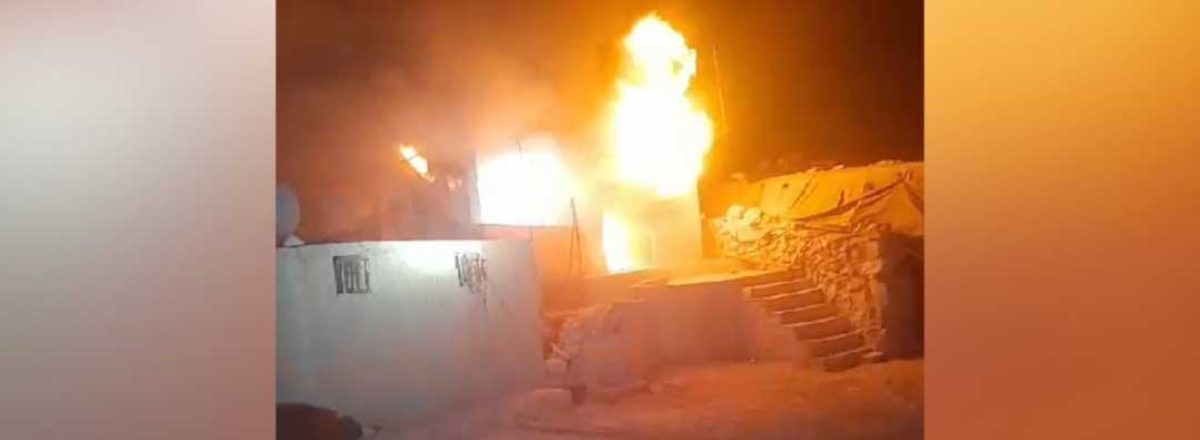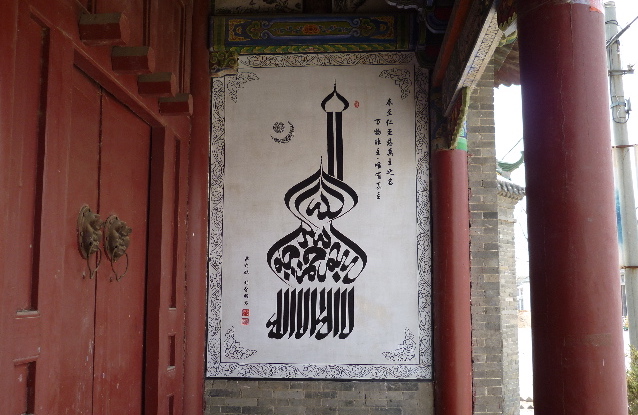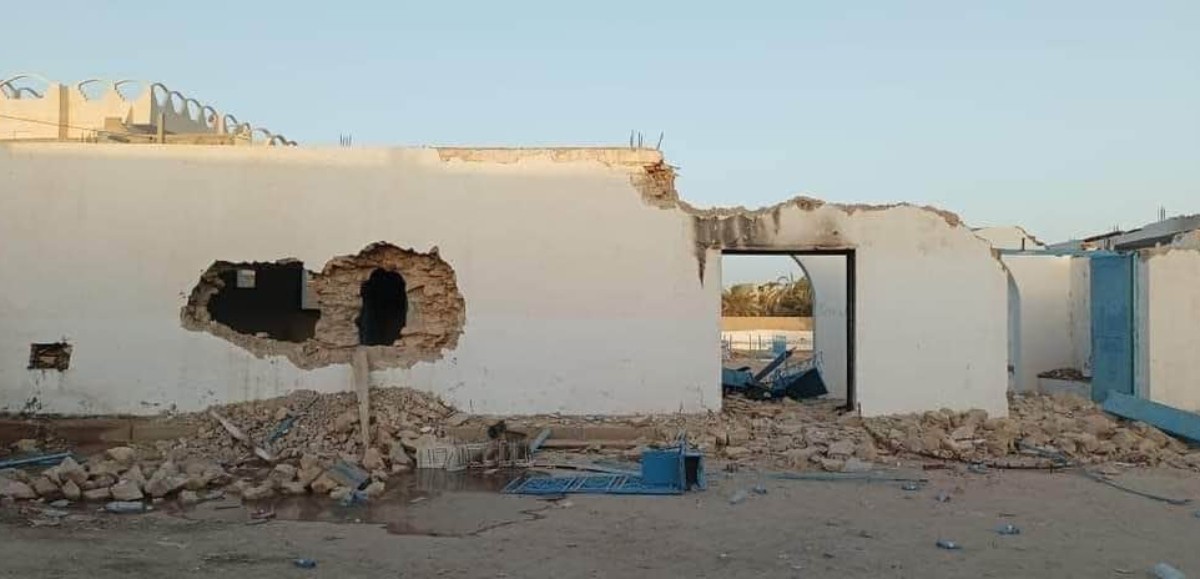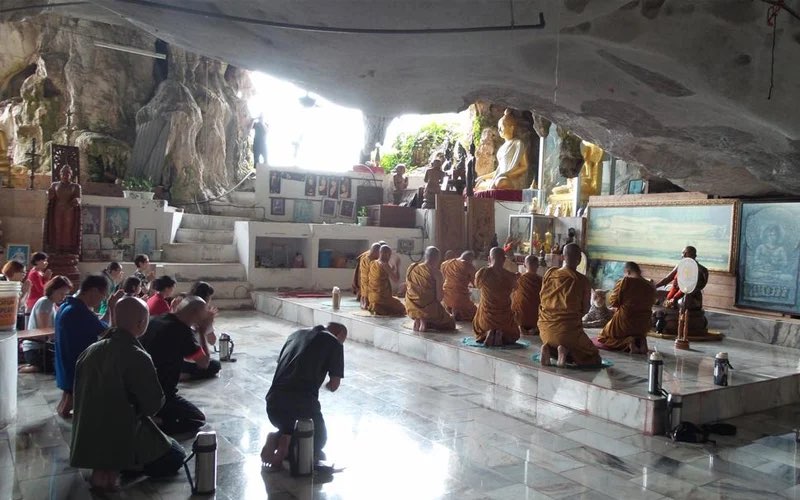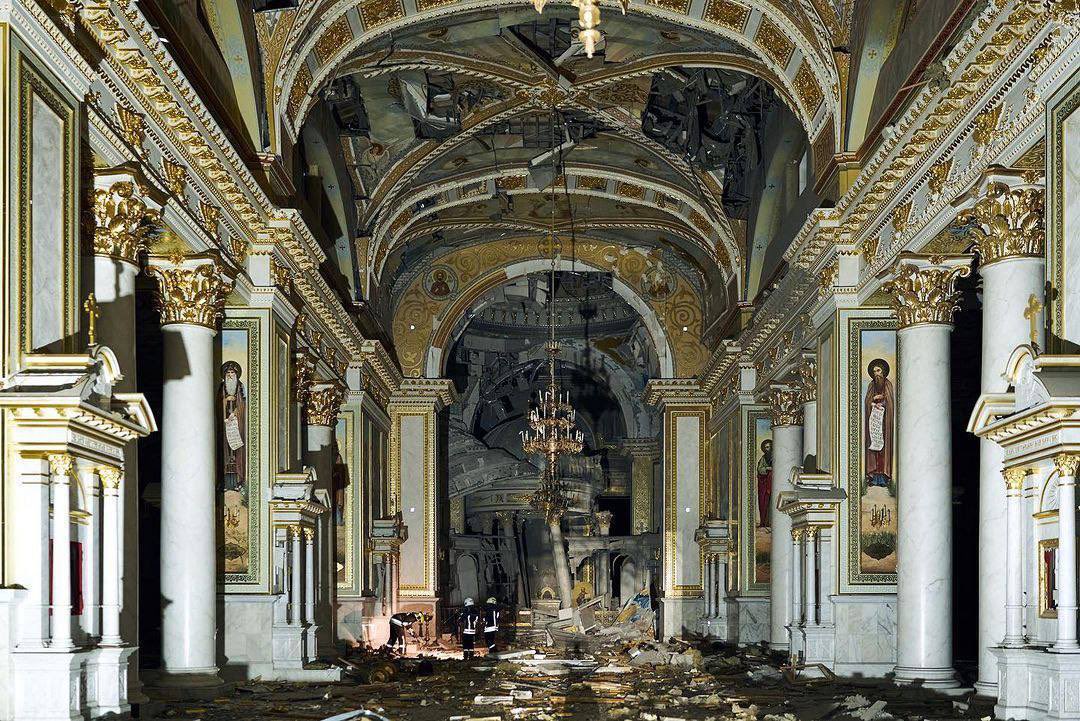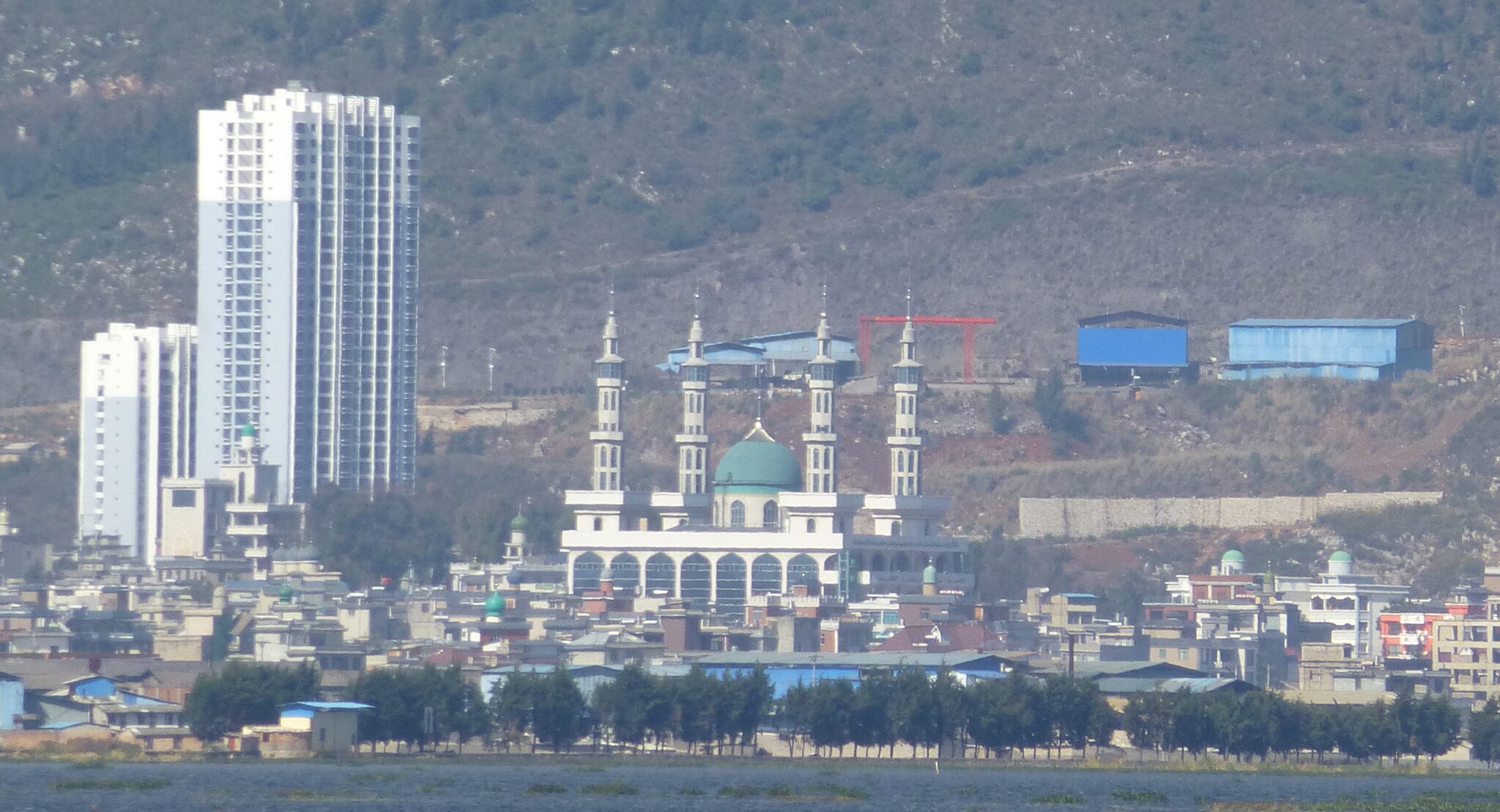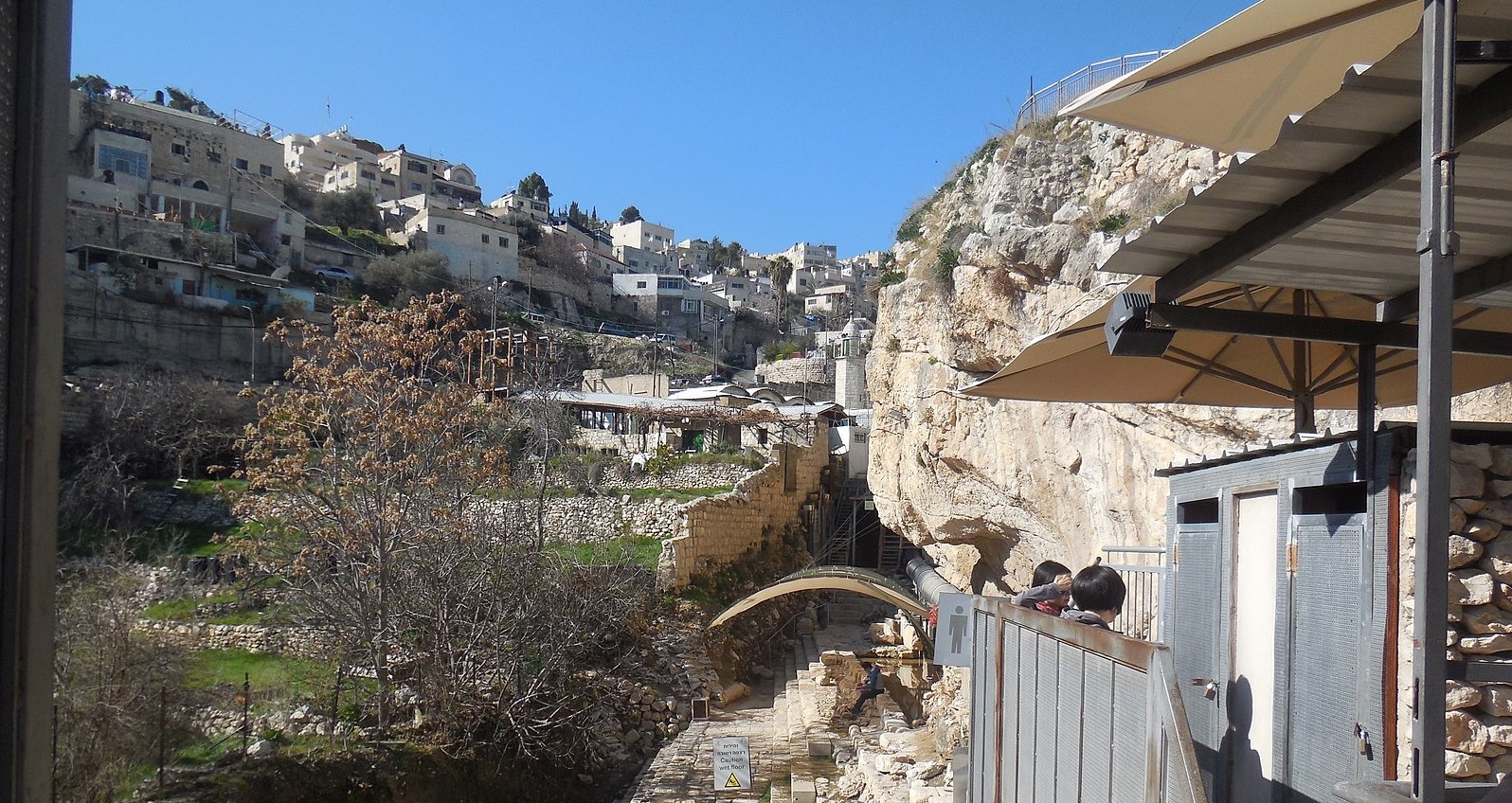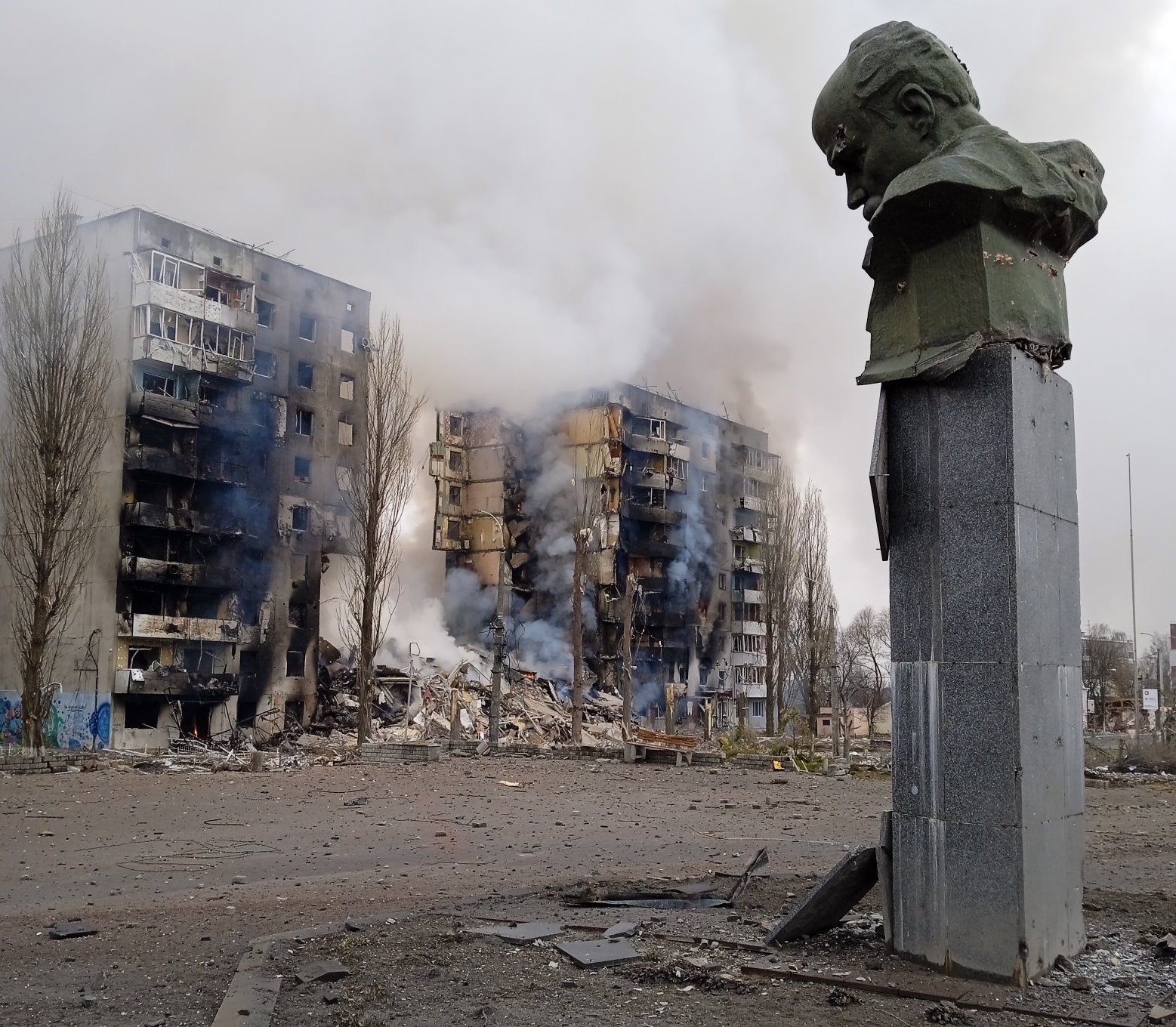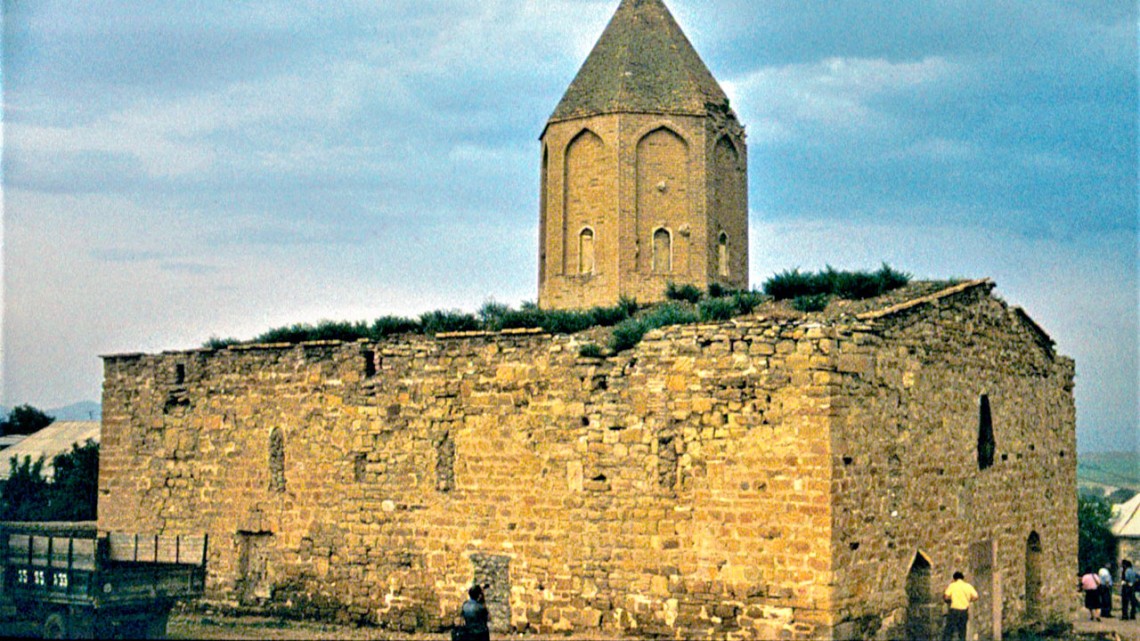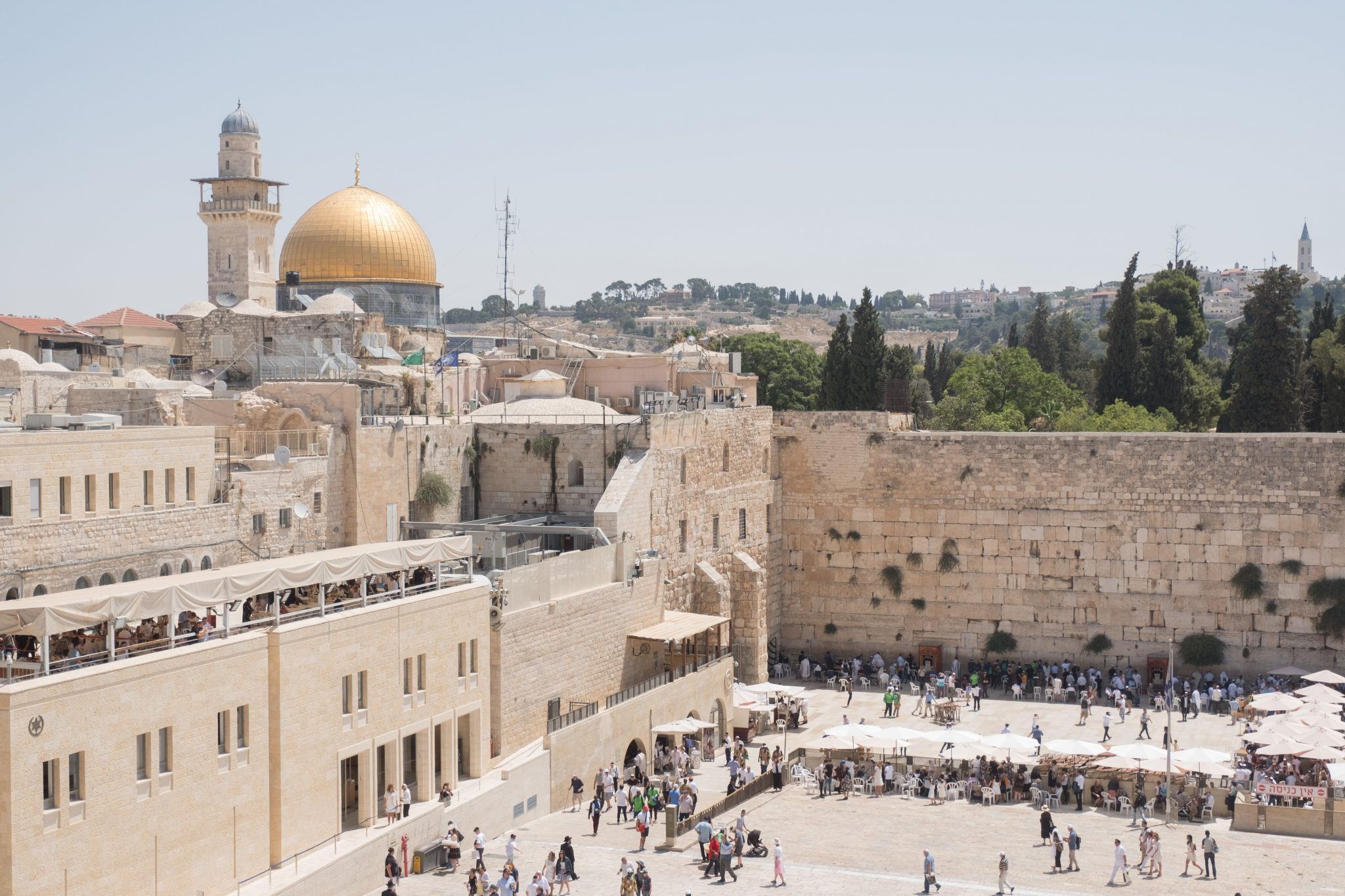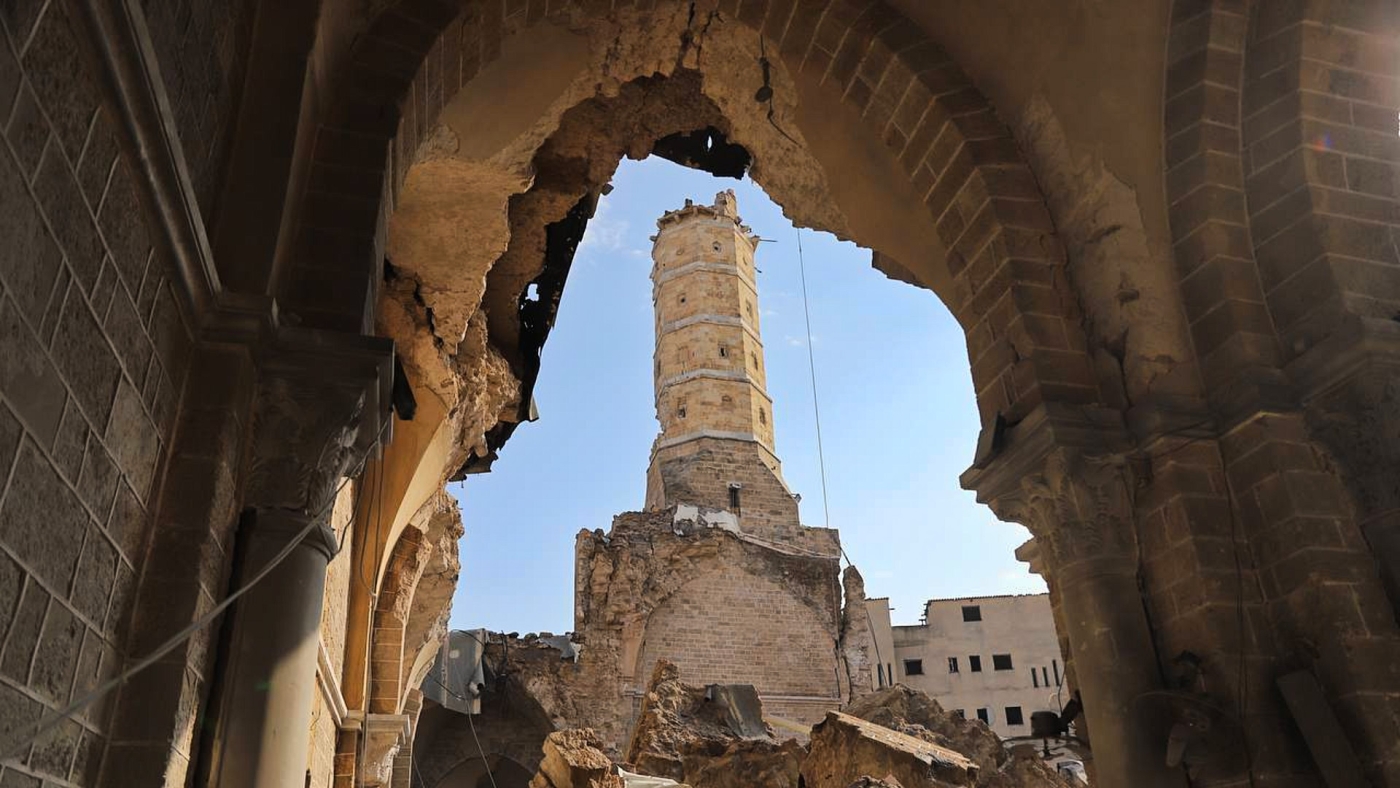
Cultural heritage under attack in Gaza
The genocide case brought against Israel at the International Court of Justice charges that “Israel has damaged and destroyed numerous centres of Palestinian learning and culture” in the Gaza Strip, including schools, libraries, religious sites and places of historical importance. The United Nations Educational, Scientific & Cultural Organization (UNESCO) reports that in the two-and-a-half months of bombardment, more than 200 schools have been damaged—around 40% of the total number in the Strip, about 40 of them seriously. UNESCO is also attempting to monitor damage to heritage sites using satellite data and sources on the ground. The agency has especially expressed concern over the ruins of fourth-century Saint Hilarion Monastery, which has been placed under “provisional enhanced protection.” (Photo: The oldest mosque in Gaza, the Omari Mosque, severely damaged in Israeli bombardment, Jan. 2. Credit: Mohammed al-Hajjar/Middle East Eye. Published with permission.)



